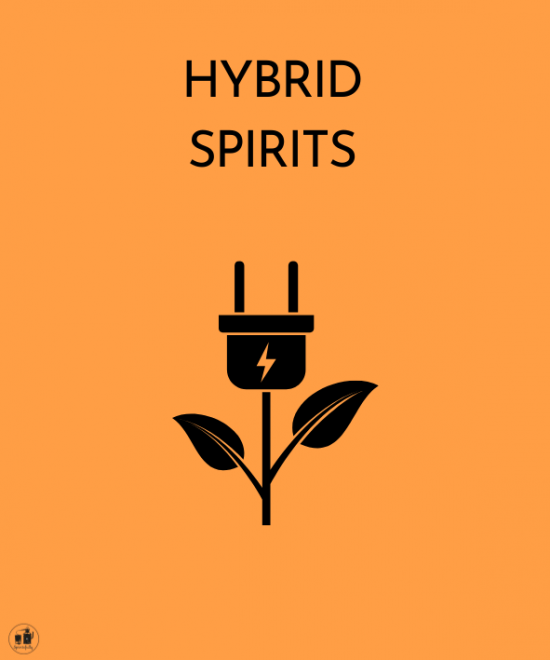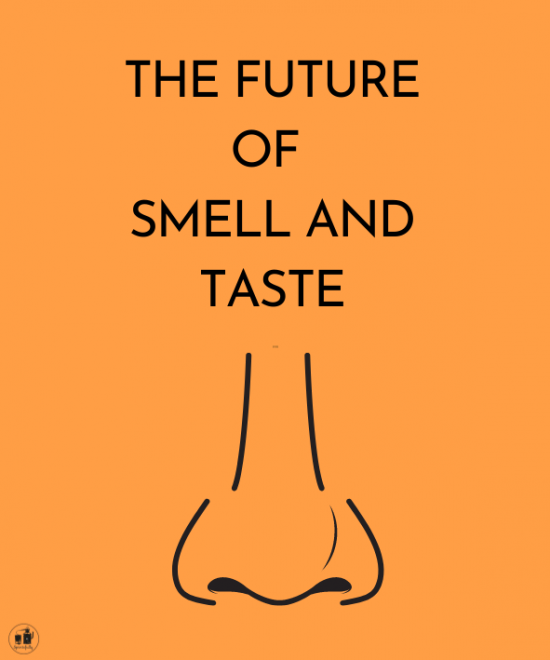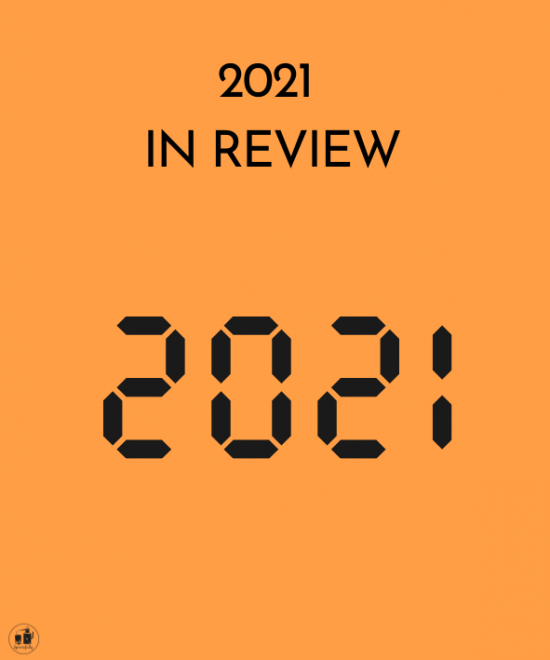The trends that were already there in 2021 will continue in 2022. I could have written the same article as last year. But I won’t do it because
1/ I’m not lazy
2/ nuances are important and there are nuances.
Let’s check that out!

Home Entertainment: RDT + premium
What does this title mean? Translation anyone?
- Home Entertainment –> You
host at home instead of going out to a bar. - RDT –> Ready To Drink
- Premium –> premiumisation is competition to offer higher quality items that consumers value. It is the opposite of commoditisation, which is competition to lower prices for a standard level of quality.
This said, the pandemic has changed our habits and reinforced the rise of private parties. As a consequence, alcohol is drunk outside of bars or clubs. (This trend is older than the pandemic and has multiple causes from rising prices in the downtown area to a stricter policy on drinking/driving.) This goes along with the idea of ready-made drinks but also with the idea of RTDs.
Simultaneously indeed more people say they are enjoying premium prepared cocktails or ready-to-drink cocktails (RTDs) made with quality spirits. People’s desire for high-quality cocktails really grew in 2020 and 2021. They’ve enjoyed honing their cocktail skills. They’re actively seeking out higher-end spirits and experimenting with new spirits and cocktails (also when returning to bars!).
There was a real hype around the hard selzter, and it’s true that sales have exploded but this is mostly in the US, less in Europe. But when you look at the figures you see that the premium RTDs have increased even more. Those who want to see less alcohol are more interested in the NoLo offer.

No + Lo Movement
Speaking of which: especially in Europe, people are seeking out non-alcoholic or low-alcohol (NoLo) cocktails. And the new thing is that more and more celebrities are getting involved in this movement from Blake Lively to Bella Hadid. Spiritsfully has been interested in that trend since many years now (and even some readers were surprised at first) as you can read here, here and there, and will continue to report.
Let me copy paste the excerpt of an article from IWSR which summarizes the situation pretty accurately:
No- and low-alcohol products are becoming more approachable for consumers as they are increasingly accepted as a lifestyle and societal norm. Channels solely dedicated to selling alcohol-free drinks for adult occasions are also on the rise, with dedicated ecommerce sites, retailers and bars coming to market.
A distinction in how and when consumers choose no- versus low- products is becoming increasingly evident. Across key markets, the majority of no/low consumers can be identified as ‘Substituters’ – those who use no- and low-products in place of full strength for certain occasions.
IWSR consumer research shows that in the UK, for example, 40% of no/low consumers are ‘Substituters’, with LDA Gen Z and millennials (46% and 41% respectively) more likely to substitute than Boomers (36%). LDA Gen Z and millennials in the UK are also more likely to be ‘Blenders’ where they switch between no/low and full-strength on the same occasion (20% and 23% respectively). A similar trend can also be seen in other markets, such as the US.
Tapping into no-alcohol occasions, new technologies are also enabling producers to launch alcohol-free products that offer mood-enhancing or functional benefits, many with ingredients such as CBD, nootropics and adaptogens. These products focus on how ingredients will make consumers feel, and are seen as an alternative way to enjoy traditional alcohol occasions – tapping into health conscious (and stressed out) consumers.
Read more about that article here.

Sustainability + Values
Consumers are more actively choosing spirits that practice sustainability values. Many are willing to pay more for ethically sourced drinks and brands that support social justice or sustainability causes. While recyclability and zero-waste cocktails formed the thrust of sustainable action this year, 2022 will see more initiatives shaped by a focus on how spirits are made.
We want spirits whose production has a low environmental impact but also brands capable of denouncing injustice or discrimination. It is hard to imagine a brand remaining insensitive to Black Life Matter, for example. As the purchasing power of millennials and Gen Z grows, so does this trend.

Tequila + Gin & vodka. And Bourbon follows but most of all: experiences!
Vodka, gin and brandy are in high demand globally and are among the top five spirits consumers are expected to drink in 2022 (look at this study by Bacardi). Bourbon is another spirit that is being more and more asked worldwide.
Not only certain categories are asked but most of all in an experiential context. Local experiences, spontaneous events (pop up) or spiritourism or festivals are all opportunities to discover and taste different spirits or new drinking experiences. Now spirits are also offered on the menus of the best restaurants.

What will follow lemongrass and yuzu? Peanut butter or cannabis?
The study above mentioned (Bacardi) consider mustard to become a thing. And what do you hope?Flavored spirits may still be on the rise in 2022, the idea is always a new experience, from pop corn rum to peanut butter whisky. (We agree that with these organoleptic additions we are not really in the category of rum or whisky anymore, at least as these categories are thought in Europe.)
Another flavour that we should comment on more often in the future is cannabis-infused drinks. This product is becoming more and more legal in many countries and we cannot be blind to the many experiments that are being done at the moment. Sales of cannabis-infused beverages have increased everywhere cannabis is legal. Large companies are watching and preparing to enter this market.

Wood experiment
And especially in the production of whiskey and bourbon (and also mezcal). Besides, wood is everywhere (another digression!) as it enters the tea and coffee sector. But to come back to our subject, the year 2021 is marked by the release of new whisky having experimented with several kinds of wood, and this will continue (if there is any wood left).

New Packaging & digitalisation
Are we finally going to see some innovations in the field of packaging? it seems that the bag in box is becoming more popular or less repulsive than before anyway. Read again the interview of Erwan Castain on this point!
Brands will have to go towards less and less environmental impact and the reduction of useless packaging will certainly be part of it.
Often packaging was linked to premiumization (a nice box for a nice bottle) but today premiumization brands may take other forms… digital forms. Indeed, blockchain technology and NFTs are coming to the market of rare and premium spirits.

New Products? The rise of the hybrids
This idea became more and more relevant to me after reading that article. Not only does the popular wisdom recommend to start in times of crisis (for it can’t be worst, one will have already known it, and moreover one will be ready when the economy goes better) but it seems that trust and enthusiasm is back.
The other point is the increase of a category that we will call “hybrid” here. Indeed, there are more and more products at the crossroads of two categories. There are beers/whisky for example. Today we have whisky/baijiu or shoshu made in New York. All these products, for us, are hybrids. And as drinking an alcoholic beverage is more and more a kind of experience, we can imagine that this kind of products will be more and more present.
In any case, it’s a category that we like a lot at spiritsfully, so we’ll even talk about it in each newsletter!
More generally, beyond hybrid, we can notice that many big companies and also young start-ups offer products out of all existing categories. Some of them are created for a special occasion for example. In any case, we will have to get used to seeing the categories expand and not stay in our habits.
Now your turn? What would you like to add?




